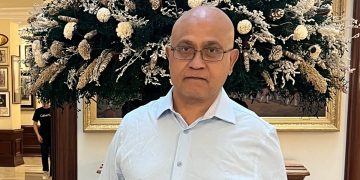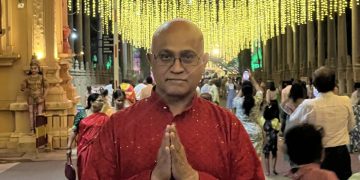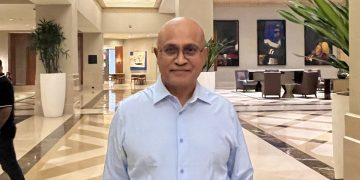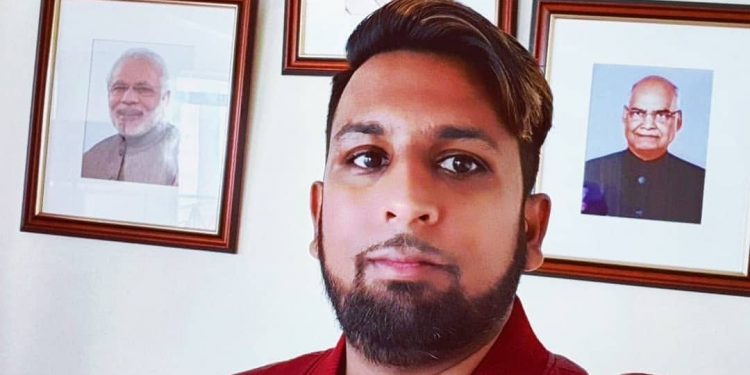Dear Editor,
Within the past week, amidst all of the chaos and confusion gripping the nation in regard to the dozens of murders taking place; the scandal with the property tax rates; the discovery of the remains of Hannah Mathura and the terror of her tragedy; the downgrade of our nation’s investment grade; and the refusal of the Prime Minister to replace any of the non-performing heads of the National Security apparatus in the face of unbridled attacks on the law-abiding citizens in this country by an uncaring and unperturbed criminal element; a number of smaller political parties interested in dipping their feet into electoral politics in the next general election have all released statements regarding their unwillingness to collaborate or coalesce with the UNC and Kamla Persad Bissessar… and that’s it.
While it’s not surprising that none of these parties would have any interest in addressing the issues of citizens, whom none of them is a representative in any meaningful way, it is indicative of where their focus lies in terms of their approach to national politics and their priorities should they be given the opportunities to enter into government. Because when you actually sit down to listen to any third-party force, you might notice that there is one key factor that is never included in their campaign vocabulary, which may not even be a deliberate omission, but more likely is excluded because it is of such low priority in their manifestoes. Interestingly enough, it is for this reason that none of these parties are able to elevate themselves beyond third-party status due to the fact that the most basic component of electoral politics is the thing that they most often overlook. And that thing is representation.
This is why most third-party organizations pose themselves as think-thanks or in the cases where they do purport to represent smaller groups, focus on niche carveouts rather than focussing on the grander society. But what this means is that they can never have the appeal of the larger populace, and especially the electorate to give them a chance at being voted into Parliament, which is why even those parties in the past who have been able to muster up larger following still were never able to capture any seats to upset the status quo.
When you examine the history of parties such as the DLP, ULF and UNC, their endurance can be traced back to their roots as a broad-based party representing various labour and social civic groups and it is this inclusive approach which has allowed them to weather numerous political storms and adapt to changing times. This type of grassroots politics escapes smaller parties today, unfortunately, and as a result, they lack the foundation and struggle to build a similar legacy. It is for this reason that they often find themselves, or in some cases place themselves, in a situation where alliances and coalitions are the only means by which they are able to survive.
This being the case therefore, the question then becomes whether or not there can be any benefit or value from alliances of this nature wherein these parties offer nothing other than the “expertise” of armchair politicians who have no meaningful experience or insight to contribute other than the wants and needs of a small group of an executive which also often serves as the entirety of their support base. As such, while these parties might concern themselves with the significance of the UNC in the 2025 general election, I would much rather that they heed the advice given to them by Mrs Kamla Persad Bissessar, where some introspection on their own worth might be more useful. Because while all of these parties and their leaders might dream of someday serving in government, unless they are planning a coup, I’m not sure how they can achieve that outside of a coalition with the only party heading to those offices in 2025, especially when they don’t have a clue of how to do it on their own.
Best regards,
Ravi Balgobin Maharaj



































































